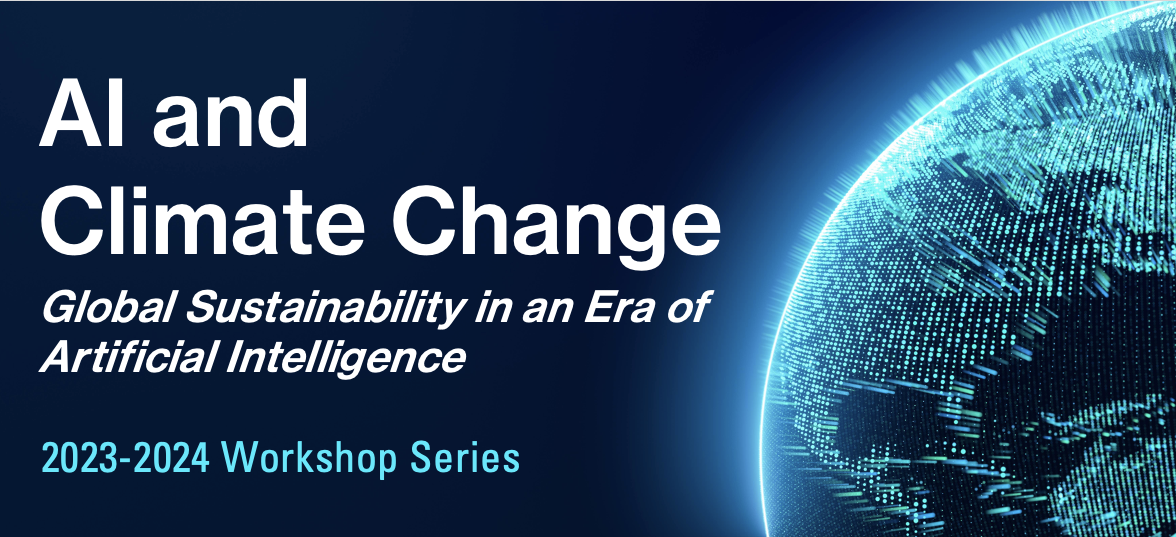Paternalistic Artificial Intelligence: The Case of Climate Change
In this workshop, Professor Cass Sunstein of Harvard University will illustrate the potential for AI-driven "Choice Engines" through the examples of choices about fuel-efficient motor vehicles, energy-efficient appliances, and other products that might mitigate climate change.

The underlying pollution that contributes to climate change is often characterized as an externality because of how private decisions in the marketplace affect third-party, external actors: namely, the welfare of everyone on the planet and members of future generations. Part of the climate problem also derives from inadequate information and behavioral biases, which can produce “internalities,” understood as costs that people impose on their future selves. In these circumstances, “Choice Engines,” powered by artificial intelligence (AI), might produce significant savings in terms of money, health, safety, or time. In this workshop, Professor Cass Sunstein of Harvard University will illustrate the potential for AI-driven Choice Engines through the examples of choices about fuel-efficient motor vehicles, energy-efficient appliances, and other products that might mitigate climate change. The creation of Choice Engines, he will argue, might reduce both the internalities and the externalities associated with the use of motor vehicles or appliances that consume large amounts of (non-renewable) energy, and they might also be set up to nudge or require consumers to take these internalities and externalities into account. Sunstein will discuss both the promise and the limitations associated with Choice Engines in reference to climate change to show how AI tools might be used to help consumers address this global problem.
The AI and Climate Change workshop series is organized by the Penn Program on Regulation and is made possible in part by funding from the Environmental Innovations Initiative. We also thank the Kleinman Center for Energy Policy, Center for Technology, Innovation & Competition, Warren Center for Network and Data Sciences, and Wharton Climate Center for their co-sponsorship of the series.
Snacks and other refreshments will be served.
The workshop is free of charge, open to the public, and will be held in person.